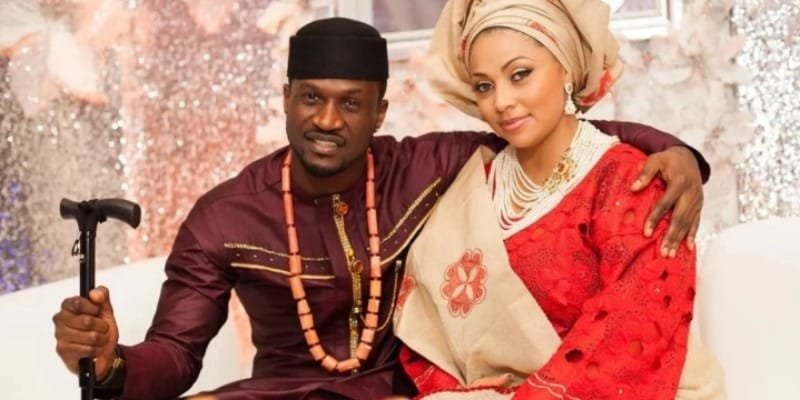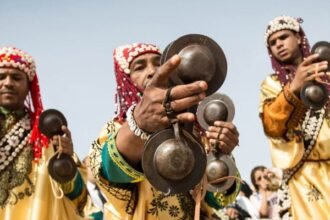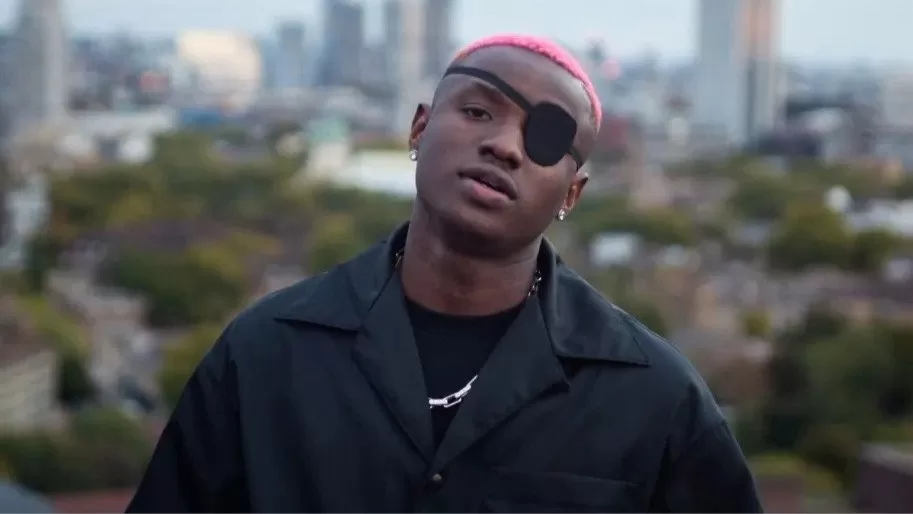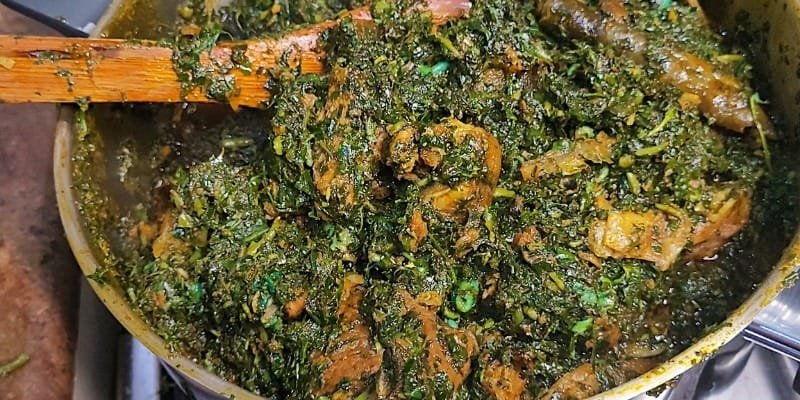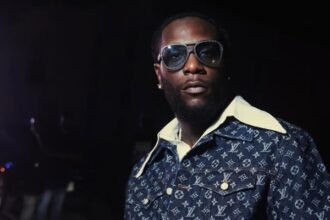The Igbo traditional wedding customs are one of the oldest traditions in the southeastern part of Nigeria. The Igbo people, whose culture and lifestyle are richly depicted in Chinua Achebe’s Things Fall Apart, have long held a well-structured and meaningful approach to marriage. This tradition, which predates colonial influence, continues to be a vital part of Igbo culture, albeit with some modern adaptations.
In Achebe’s novel, the character Obierika remarks on the unique customs of the Igbo people, saying: “All their customs are upside-down. They do not decide bride-price as we do, with sticks. They haggle and bargain as if they were buying a goat or cow in the market …” (Chapter 8, Things Fall Apart). This reflects the distinct approach the Igbo take toward marriage—a union that is not just between two individuals, but also between their families and communities.
Understanding the Igbo Traditional Wedding Process
While the Igbo traditional marriage process may seem intricate to outsiders, it is grounded in simplicity and profound respect for family and community. It is important to note that this process may vary from one Igbo community to another. Despite these variations, the core elements remain remarkably consistent.
An average Igbo person defines marriage as “the union between families,” rather than merely a union between a man and a woman. In Igbo society, the marriage process primarily involves the immediate families and the umunna (extended family or kindreds). The process starts with the initial attraction between a man and a woman and culminates in a celebration that unites the two families.
Stages of the Igbo Traditional Wedding
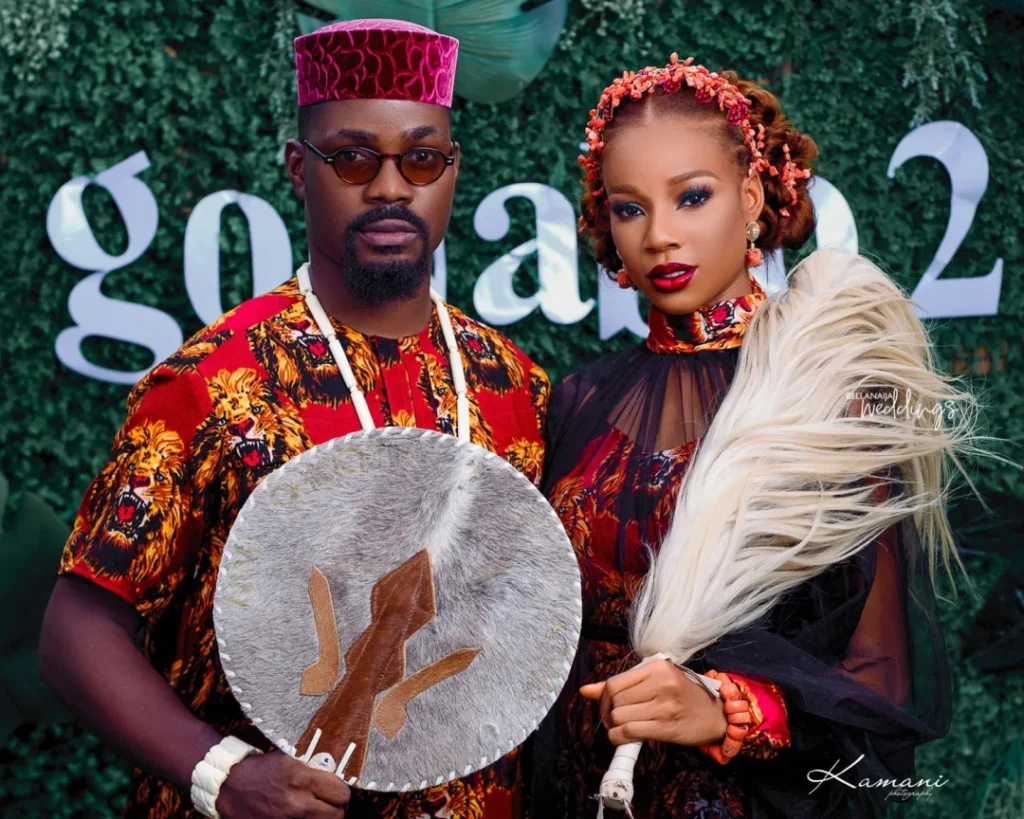
1. Declaration of Interest
The journey to an Igbo marriage begins when a man declares his interest in marrying a woman. Traditionally, the man will approach his family to share his desire to marry a particular woman. In the past, it was common for the woman’s family to be unaware of the woman’s involvement in the process, but in modern times, it is more common for the woman to be informed beforehand.
2. Iju Ese (Inquiry)
Once the man expresses his interest, his family undertakes a fact-finding mission called Iju Ese. This involves investigating the family background of the woman, including her cultural heritage, health history, and behavior. It is crucial that the man’s family is satisfied with the woman’s family before proceeding to the next step.
3. Iku Aka (Introduction)
When the families approve of the potential union, the man’s family, accompanied by members of the umunna, visits the woman’s family for the Iku Aka, also known as the introduction. This step is marked by the presentation of kola nuts to signify hospitality and respect.
In this meeting, the man’s family formally expresses their intention to marry the woman. The woman’s family will listen, and the woman will be called forth to accept or reject the proposal. If she accepts, the man’s family is invited to return for the Ime Ego (bride price payment).
@debyoscar Look no. 1. Who wore it best? The groom or me? #DeOscarGoeaToUche #isiagu #igboamaka #igbowedding #nigeria #nollywood #bride #nigerianwedding #naijaweddings #igbankwunigeria #igbankwu #igbobride #igbowedding #traditionalwedding #fypシ゚viral #foryoupage #naija #igboweddingng ♬ Ego Oyibo – Chike
4. Ime Ego/Ego Isi
On a subsequent day, the man returns with his family to pay the agreed-upon bride price. The Ime Ego is a significant part of the Igbo marriage process. In many regions, the man is provided with a list of marriage requirements in advance, allowing him to prepare the necessary items, which often include money, food, and other traditional items.
Once the bride price is presented, the woman’s family formally accepts it. The father of the bride may keep only a small portion of the payment as a symbolic gesture, returning the remainder to the groom. This act reinforces the notion that the woman is not “purchased,” but instead, she is to be cared for and cherished.
5. Igba Nkwu/Igbo Traditional Wedding
After the bride price is paid, the traditional wedding ceremony, or Igba Nkwu, takes place. This is where the formal union between the couple is blessed by both families. The ceremony begins with the father of the bride offering blessings and presenting the bride with a cup of palm wine. The bride, then, dances to the groom’s side, presenting him with the wine to drink. This symbolic exchange solidifies the union.
The igba nkwu is the traditional marriage proper, and so, a lot of preparation goes into it. The igbankwu also involves the presence of strangers who aren’t part of any of the couple’s family. In modern times, invitation cards are printed and shared with people, and asoebi (uniforms) are also shared with the people who intend to attend the wedding. The kind of dress worn at the wedding is usually the Igbo traditional wedding attire. For most men, caftan will do, and for most women, it’s a wrapper, caftan gown, and blouse made from lace.
Asoebi (uniforms) are usually worn in Igbo traditional weddings by maidens escorting the bride out, organizations invited to the wedding, and sometimes by the families of the couple.
@grakeshots The Beautiful Traditional Ibo Bride 🇳🇬🇳🇬🥰🥰🥰🥰🥰 #weddingtiktok #weddingentrance #nigeriantiktok🇳🇬 #igbotiktok #igbowedding ♬ Egedege (feat. Theresa Onuorah, Flavour & Phyno) – Larry Gaga
6. Idu Uno (Newlywed’s Transition)
The final step in the Igbo marriage process is the Idu Uno, which involves the bride moving into her new home. In the past, this included the bride’s family providing some household items for her new life with her husband. Though the tradition of accompanying the bride is less common today, the bride’s family often gives items to ensure she settles well in her new home.
At this point, the bride has officially become a part of her husband’s family. Similarly, the man becomes integrated into his wife’s family. This extended family connection ensures that both families remain involved in the couple’s life and can offer guidance if marital issues arise.
@djsynergy Who’s that you’re Dj again…? #djsynergy #trending #weddingvideos #igbowedding #igbankwundiigbo #fyp #enuguweddings #nigeriantraditionalwedding #igbotraditionalwedding #viralvideo ♬ original sound – DJ SYNERGY || THE MAESTRO
Regional Variations and Modern Adaptations
While the core steps remain the same across Igbo communities, there are notable regional variations in how specific customs are carried out. In urban areas, for instance, certain aspects of the wedding process, such as bride price negotiations, may be handled with more modern tools, such as phones or online communication.
Additionally, as globalization continues to influence traditional practices, modern couples may incorporate elements of Western-style weddings or other regional practices into the Igbo wedding. Nonetheless, the heart of the Igbo marriage ritual remains centered on the joining of two families.
Conclusion
The Igbo traditional wedding is a beautiful and meaningful ceremony that goes beyond the union of two people. It is a celebration of family, culture, and heritage. The umunna and extended families play key roles in the process, highlighting the importance of community in Igbo life. The customs are simple but significant, ensuring that marriage is a union that is not only sacred but also well-supported by both families.
Should there be issues in the marriage, the families are called upon to mediate and offer counsel. If the marriage cannot be salvaged, the bride price is returned, and the union is dissolved, further underscoring the commitment to ensuring that both parties are respected throughout their union.







